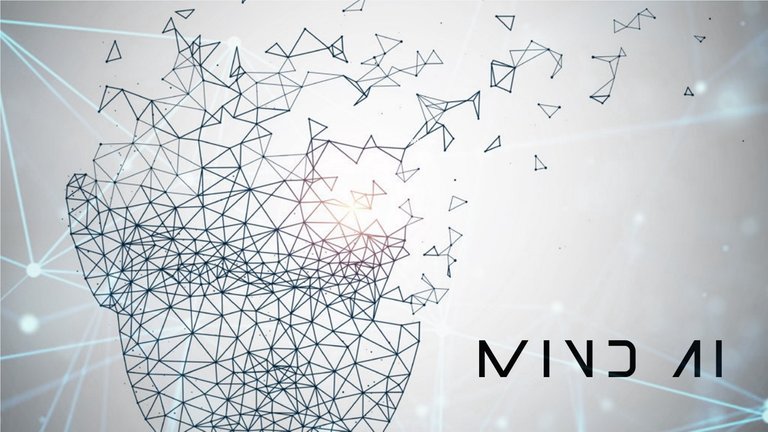
There are a lot of AI projects in development in the world right now. In addition to the projects put out by tech giants like Amazon, Google, Facebook, IBM, and others, there are several open-source AI projects under development today.Open-source has become a big buzzword in tech developments, and the term has evolved to have two meanings, which are both important to understand when evaluating the different projects in the works. In reference to software systems, open source originally meant making the underlying source code of an application or technology public so that others could edit it, improve upon it, or build other apps with it. Mind AI has not made their patented data structures open source yet, but they plan to in the future.The second, broader definition of open-source refers to an attitude. According to opensource.com, open source projects embrace open exchange, collaborative participation, rapid prototyping, transparency, meritocracy, and community-oriented development. Mind AI is committed to these values, and they believe that their approach to development, ownership, and governance of our system bears that out.But they would like to outline some of the key differentiators between Mind AI and other notable open-source AI projects.
Key differentiators of Mind AI:
- Patented new data structure: Their reasoning engine is based on a data structure called a canonical. It gives a machine the ability to perform the three main types of human reasoning — induction, deduction, and abduction — and the ability to deal with uncertainty and incomplete education.
- Transparency: Unlike a deep learning algorithm, which functions like a black box, Mind AI’s reasoning process is transparent. A user can view each ontology — the facts, opinion, rules, and other knowledge that form the machine’s education — that factored into the machine’s “thought process” and pinpoint information that may have led to a false conclusion.
- Source of data: Mind AI will build up its database of ontologies through the willing contribution of ontologists who become co-owners of the database. Anyone can contribute ontologies based on their own expertise. Unlike many applications of AI under development today, Mind AI does not rely on any kind of personal data.
- Communal ownership: When community members contribute to the Mind AI ontology database, they will receive OMAI tokens, making them part-owners of the database. They will then have voting rights to help determine how the system is used and to help prevent humans from manipulating it for evil.
- Computationally elegant: Mind AI does not require massive data sets and heavy computing power to train its systems. It performs with a human-like intellect, with the added bonus of a perfect memory.
- A brief synopsis of other leading open-source AI projects:
- OpenCOG (SingularityNET)
- SingularityNET utilizes OpenCOG, a platform intended to make all of the latest advances in AI interoperable with each other in order to unlock the power of contextualized artificial intelligence. SingularityNET leaders believe in the importance of making AI accessible to all and disrupting the tech oligopoly that threatens to restrict access to the life-changing benefits of future AI advances.
- They are following OpenCOG’s progress because advances in interoperability could help make Mind AI more compatible with other pieces of the AI ecosystem, like machine vision and voice recognition.
- OpenAI (Elon Musk)
- Elon Musk’s OpenAI project seeks to develop more advanced AI through the use of neural networks and machine learning systems, which, as they’ve pointed out above, function like black boxes and rely on massive amounts of data and computational power.
- As a nonprofit research company, OpenAI is focused on ensuring that the future of AI benefits humanity as a whole, which also aligns with our vision.
- Cyc (Cycorp)
- Cyc is a very old project that’s more similar than other projects to Mind AI’s approach in that it does not rely on machine learning. Cyc collects millions of pieces of general knowledge to create a machine capable of reasoning and following logic. However, Cyc does not have a way to learn and expand its knowledge on its own, so it cannot process things that are outside its knowledge-base of rules and logic.
- TensorFlow (Google)
- TensorFlow is the API behind Google’s image recognition and speech recognition applications. Google has made the source code available to other developers to build their own apps so that they don’t have to reinvent the wheel.
- They anticipate that future applications of Mind AI may be combined with technologies like TensorFlow to create machines that can recognize their surroundings and interpret them with reasoning and logic.
- DeepMind (Google)
- DeepMind is more of a proprietary software than a true open-source project, but it’s one of the most well-known and well-funded projects attempting to create an AI with general knowledge. DeepMind is focused on deep learning and seeing how far that technology can be applied to create systems that operate across a wide range of tasks without pre-programming for each task.
- While it is owned by Google, DeepMind does contribute to the global AI community by publishing research papers, collaborating with academia, and releasing some open source environments, datasets and code.
- Committed to collaboration
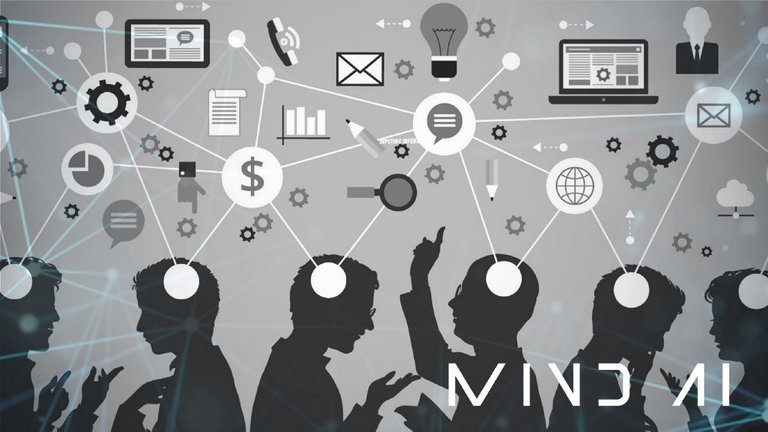
Mind AI is committed to the principles of open source development and collaboration.
They have deep respect for other open-source AI projects, and they are building their system to be interoperable and complementary to theirs. While they share similar goals — to democratize the power of AI and unlock contextualized knowledge — they are taking a different approach.They believe that our novel approach to AI will bring about a breakthrough in the capabilities and applications of AI. They are committed to collaborating with other leaders in the AI community to build incredible machines that can elevate human well-being across the planet.
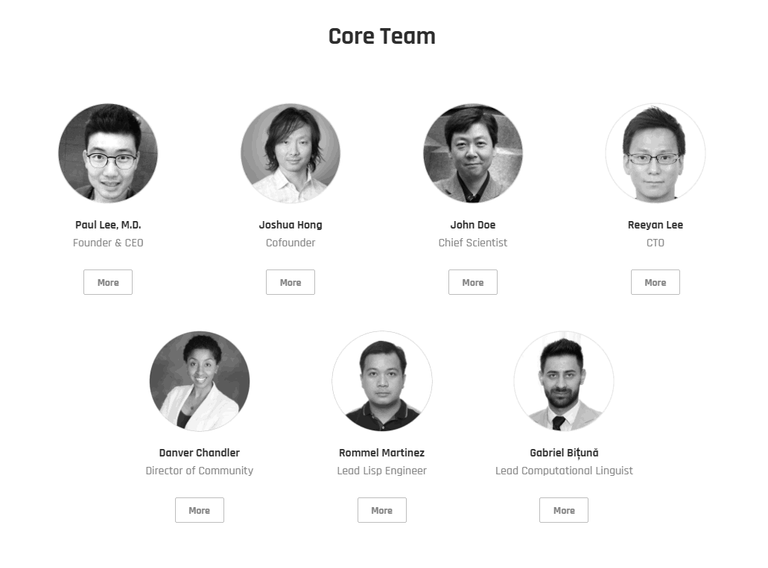

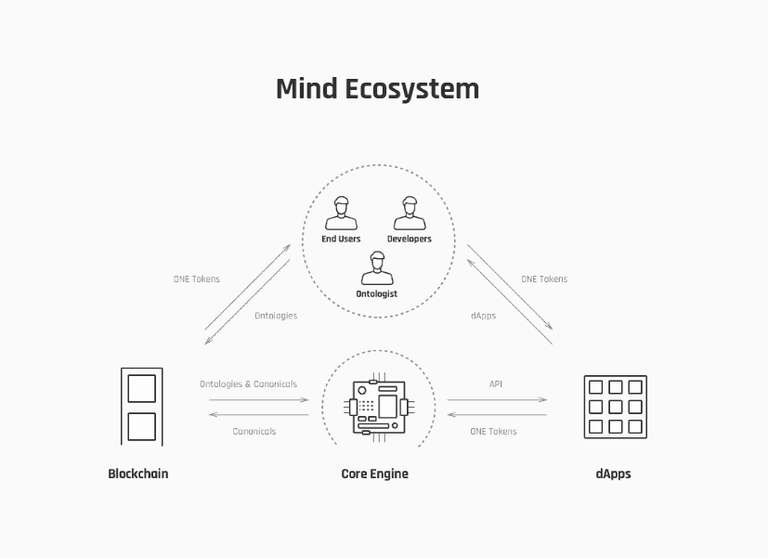
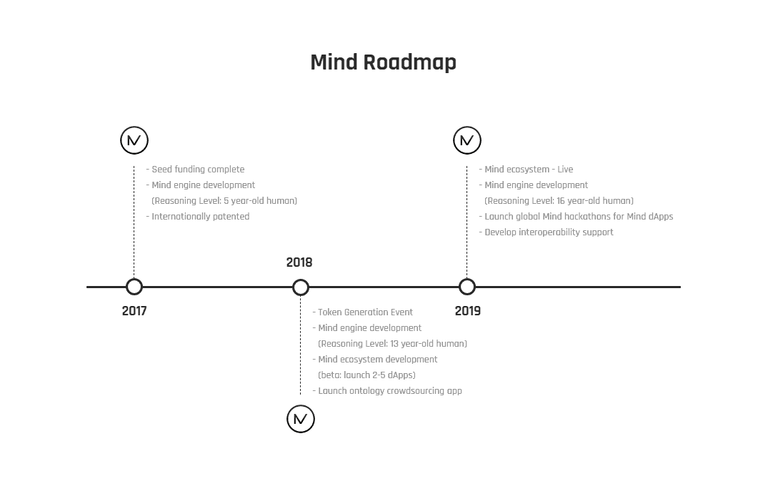

By the way,They have online airdrop before ICO.
- Ticker: OMAI
- Token type: ERC20
- ICO Token Price: 1 OMAI = 0.0105 USD (0.00005000 ETH)
- Fundraising Goal: 16,700,000 USD (80,000 ETH)
- Total Tokens: 5,000,000,000
- Available for Token Sale: 40%
- Accepts: ETH, BTC
Role of Token: UTILITYWe can join their Easy Airdrop and earn too much token free this platform;Free OMAI Tokens
Hi! I am a robot. I just upvoted you! I found similar content that readers might be interested in:
https://medium.com/mind-ai/how-mind-ai-is-different-from-other-open-source-ai-projects-29c4920e76db